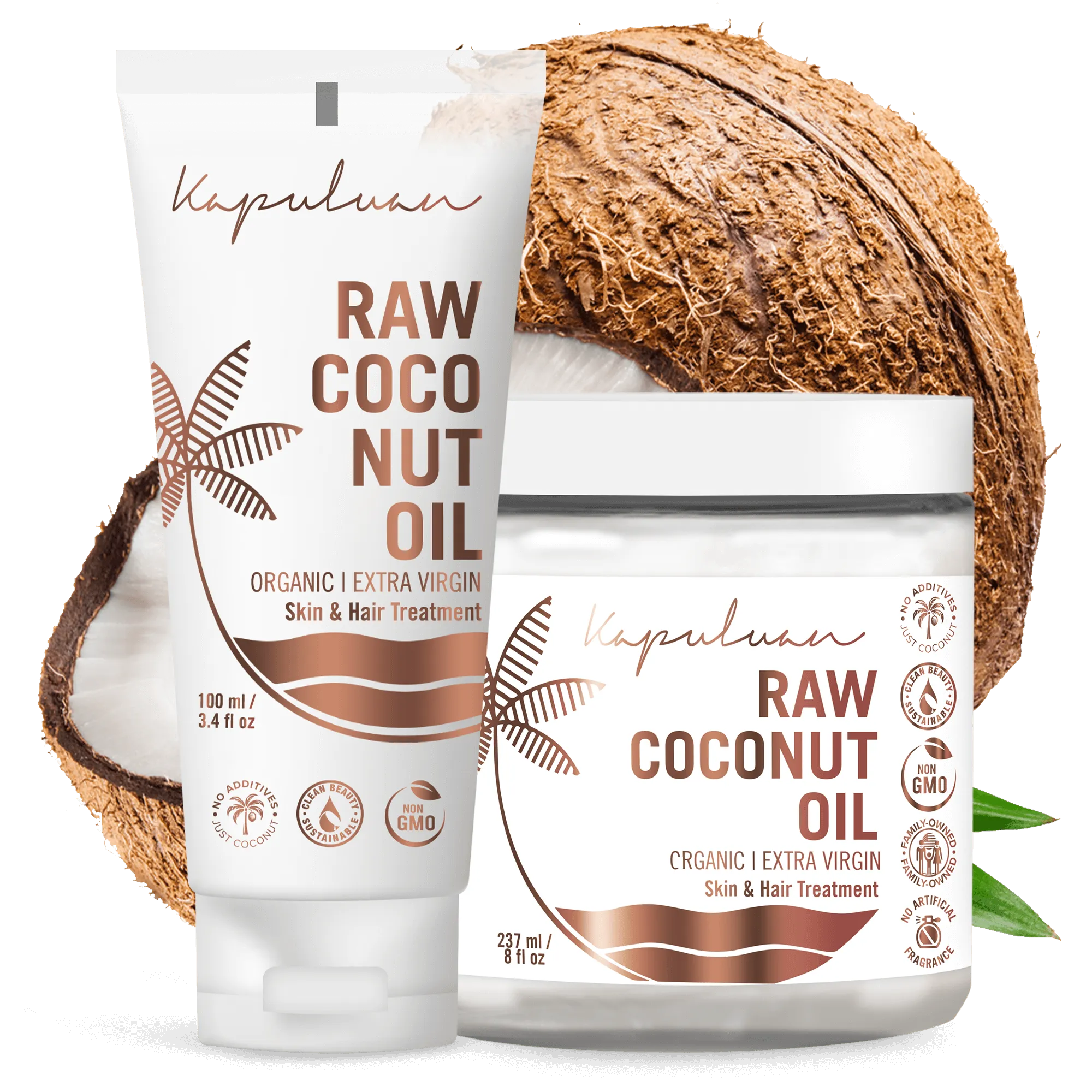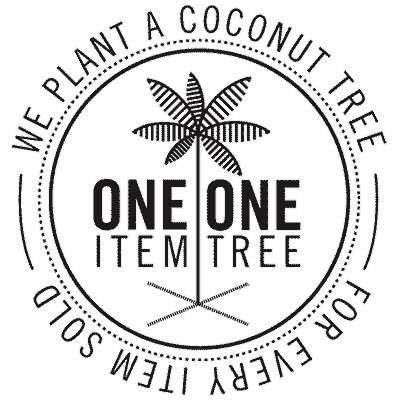Last Updated on October 19, 2024 by adeela

How much do we know before buying coconut products?
We know to pick our bananas from the organics section and to always go for Fairtrade coffee beans.
But what about coconut?
Arguably the most versatile and valuable fruit in the world (oil, water, flour, sugar, syrup, milk, wine…yup, wine). With the oil alone, we cook with it, eat it raw, and slather it all over our bodies to moisturize, heal, and lubricate (yep – try it). But, of course, we didn’t mention hair, lips, shaving, or the 100 other ways to use coconut oil.
And when we think of coconuts, we think of beautiful white sand beaches on deserted islands lined with coconut palm trees and surrounded by crystal blue water.
We see a tropical paradise full of abundance.
However, despite the tropical regions in which the coconut grows in abundance, often being breathtaking, there is a dark side to the harvesting and production of that most versatile and valuable resource.
Most coconut oil (and coconut products) on the market are not only eco-unfriendly but various degrees of exploitative.
So, before buying coconut products, ensure you are fully aware that the brand you are buying from is transparent in how they harvest and sell their product.
Before Buying Coconut Products, Ask these 3 Questions:
Who did the picking?
Many coconut farms use monkeys (animal-enslaved people) to harvest coconuts. A report by NPR claimed monkeys harvest 99% of Thai coconuts, primarily because of the efficiency (about 20x better than humans) and price (free) of this labor.
Our take?
Nothing is ever free.
This is also taking jobs away from coconut farmers, many of whom live in extreme poverty and have no other opportunities. Having discovered the secrets of The Nectar of Tropical Island Goddesses, western countries must consciously choose to give back to the communities that discovered its magic.
Who does this product empower?
Conscious consumption is about choosing who your currency will support in the global market. Unfortunately, picking up coconut oil with the “fairtrade” label isn’t foolproof. Fairtrade certification is often misunderstood as a synonym for ethical consumerism when it is just a highly codified benchmark for international trade with plenty of room for error.
It’s telling that most Fairtrade Certified coconut oil comes from the Philippines, yet 60% of the country’s farmers live in poverty. And with over 18 million tons of coconuts per year coming from Indonesia alone (a market without the super-efficient Thai monkey farms), it doesn’t take much math to understand that spending our dollars in fair trade markets should dramatically shift that 60% poverty figure.
Who are you buying from?
When the fair treatment of people and the planet is at the core of your shopping sensibility, it is best to be able to put a community to your commodity. While impossible for most people to “shop local” tropical products, it is certainly not difficult to see the transparency of a small company’s supply chain.
And when you see a product that had to be shipped across the world, had to be packaged, labeled, and shipped again to a store or warehouse (which has staff, rent, electricity, bills) and then sold by a company which has staff, marketing budgets, overhead, debt, etc. Then, finally, that company sells the product for a few dollars. What do you imagine the end of that supply chain that harvests the coconuts looks like?
Think before buying coconut products.
Seek out brands that explicitly delineate how people are treated, what they do to give back, how surrounding communities are supported, and how the artisanal nature of coconut oil production is preserved.
Bringing consciousness into our purchasing decisions doesn’t take much effort, yet it can have tremendously positive effects. So make thoughtful choices with your purchasing power before you engage in a grocery store game of monkey see, monkey do!



